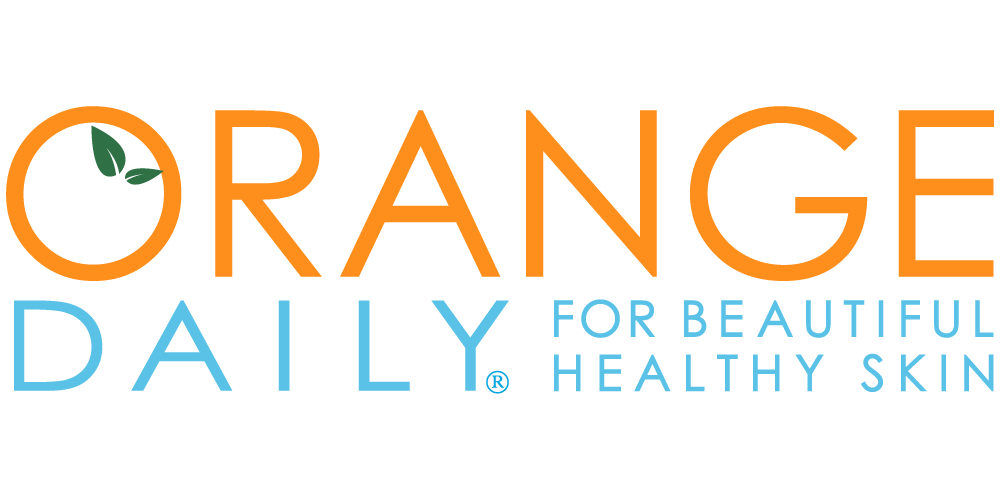59. Collagen & Elastin Support from Topical Vitamin C

Maintaining a youthful appearance is a priority for most people these days. Keeping skin soft and supple requires ample amounts of collagen and elastin in the skin. But how can you maintain enough to diminish and prevent the signs of aging? In this article, find out how to help your body help itself through the power of topical vitamin C.
What Are Collagen and Elastin?
Collagen is a natural protein in the human body found in the connective tissues, organs, skin and muscles. Making up about one-third of the human body, it creates a tightly woven triple-helix “chain-link fence” that holds us together. Nineteen different amino acids make up sixteen different types of this complex protein. Each type performs a different function, from forming bones and muscles to cushioning joints and keeping skin smooth and tight.
Elastin is similar since it is also made from multiple amino acids. As the name implies, it promotes elasticity and has the ability to expand and contract and to stretch and recoil like an elastic band. It’s found mainly in the lung tissue, aorta, and skin. Elastin and collagen work together to preserve youthful looking skin as the former provides the stretchiness and flexibility while the latter provides the firm structure.
How Collagen Benefits the Body
This essential protein is a necessary component as it supports bones, blood vessels, ligaments, tendons, teeth, hair and skin. It also contributes to the healthy function of our internal organs and digestive system and it promotes healing as well as skin health. Collagen keeps the body functioning like a well-oiled machine on the inside and keeps skin firm and taut on the outside.
As for skin health and appearance, this essential amino acid protein provides the web-like structure that holds our skin together. It only makes sense that it’s named from the Greek root word “kolla” which means “glue.” It gives skin its strength and elasticity which contributes to a firm and youthful appearance. It also supports hydration, improvement of cellulite, acne and dark skin spots and may help in the appearance of scars and stretch marks,
Collagen and Aging
Production of this superstar protein naturally slows down as we get older. Production is at top speed during childhood and adolescence and then slows as we enter our twenties and thirties. By the time we’re in our forties, our bodies are producing significantly less than they once were. Unfortunately, a slower production rate can lead to a loss of elasticity in the skin which in turn can lead to the unfortunate appearance of fine lines and wrinkles.
The Connection Between Vitamin C and Collagen Production
The good news is that many scientific studies have produced positive results proving that vitamin C can stimulate the body to increase the production of this important protein. A healthy diet is great for overall health, but the best way to get vitamin C into the dermal layers where it can produce the most beneficial results is with a topical application.
Vitamin C is not just beneficial for the production of this skin-firming protein, it is necessary. Look for products built on L-ascorbic acid, the most easily absorbed form of topical vitamin C, applied directly to the skin to ensure you receive the best results possible.
Topical Vitamin C Serum
Many skincare products include collagen as an ingredient, but its molecular structure is too large to be easily absorbed into the skin. So look for serums that use vitamin C that is delivered through the epidermis into the dermal skin layer, where it stimulates the body to produce more on its own.
Look for a vitamin C serum that also includes vitamins A and E for an antioxidant power that not only stimulates production, but also combats free radicals, stimulates faster epidermal renewal and improves overall skin elasticity. Insist on a skin care regimen that includes the best ingredients that are clinically proven to produce visible and measurable results when followed consistently for at least 60-90 days.
We hope this article has helped you to understand the link between topical vitamin C and collagen production. So, try it for yourself. Put the topical vitamin C skincare regimen to your own 60–90-day test. Apply L-ascorbic acid, the most readily absorbed form of topical vitamin C, to your skin daily.
Contact us here for questions or comments.

